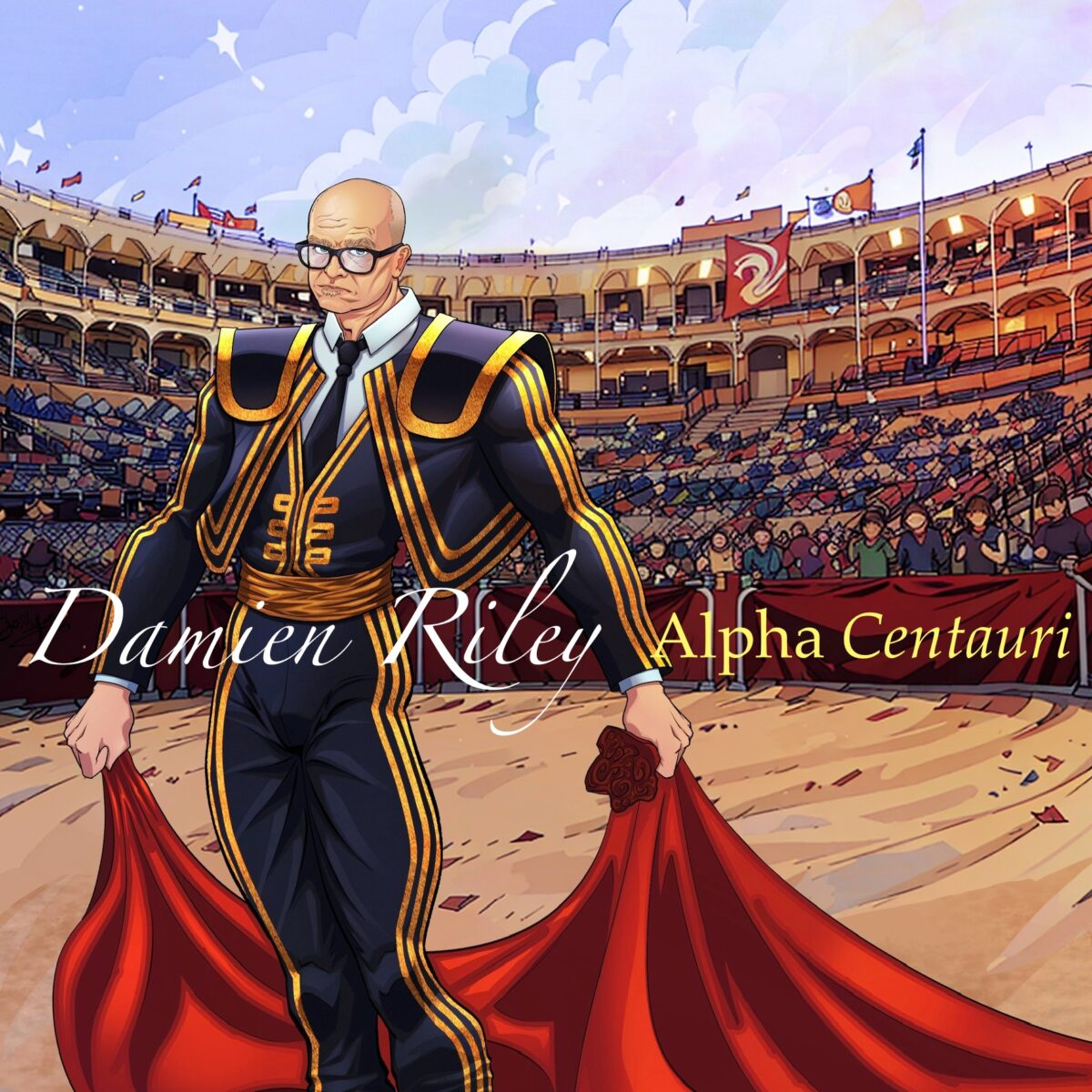Article first published as Hugo on Blogcritics.
Sometimes a film comes along that I think of as perfect, not because it was made well or even acted well, but because it gave me a space in which to think clearly. These types don’t tell you what to think like so many modern ones try to. Hugo is about life and more specifically the role movies play in our lives.

When I first saw the previews for Hugo I thought it was a kid’s film about a rapscallion pre-teen who lived in a train station and called everyone “gov’na.” It isn’t that at all. Ben Kingsley’s character says when addressing his movie fans, “I address you all tonight as you truly are: wizards, mermaids, travelers, adventurers, and magicians. You are the true dreamers.” Are you one of those? If so, you’re who Hugo was made for.
Hugo is based on the bestselling book by Brian Selznick. It was produced by Johnny Depp and directed by Martin Scorcese. It’s about a 12-year-old named Hugo Cabret (Asa Butterfield) who lives in a huge clock in a train station. His father was a tinkerer and repairman who died in a museum fire. He left his son a broken automatron, a sort of 1930’s version of a robot, and Hugo is determined to get it working. He thinks there is a message in it from his dad. He meets Isabelle (Chloë Grace Moretz) a girl of his age who has a mysterious grandfather, Georges Méliès (Ben Kingsley). He has a toy stand in the station and seems to despise Hugo for some reason. He is unusually cruel.
There is also a ruthless inspector (Sacha Baron Cohen) with a Doberman and a leg brace who captures vagrants in the station. He sends them to jail or to the orphanage. He is a sort of lingering nemesis of Hugo throughout the movie, although he provides few scenes of subtle comic relief; I laughed out loud watching him try and pick up a woman.
The boy is on a quest to make the automatron work, and through the process learns a lot about the people in the station and Isabelle. There is a message here about the role of fantasy in our lives as well as the role of movies.
In conclusion, Hugo is a little slow in the beginning but the 1930s sets, costumes, and Parisian music makes the slow beginning worthwhile. When Hugo steals a croissant from a food cart you feel like you can taste it. The colors and attention to detail are so convincing, you feel like you are in the movie. The stalled action en principio is important in that it develops the characters. I really enjoyed Hugo. Once the ride began, I never wanted it to stop. If you want to go on a cinematic ride and be inspired, watching Hugo should be on your to-do list. I gave it 5/5 stars. Oh yeah, and if you love the history of movies, Martin Scorcese knows a thing or two about that! He certainly says it well in Hugo.

